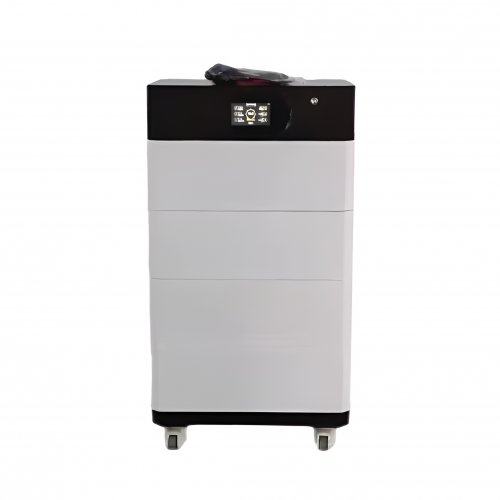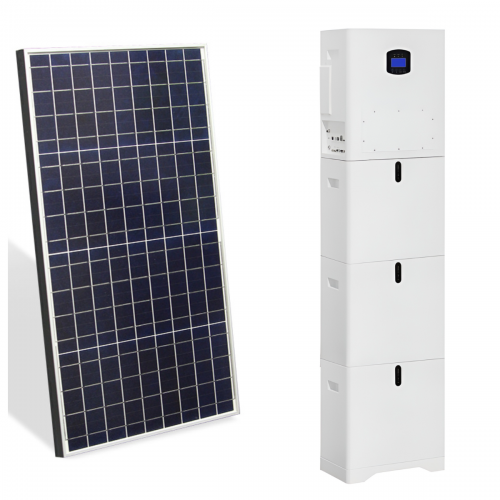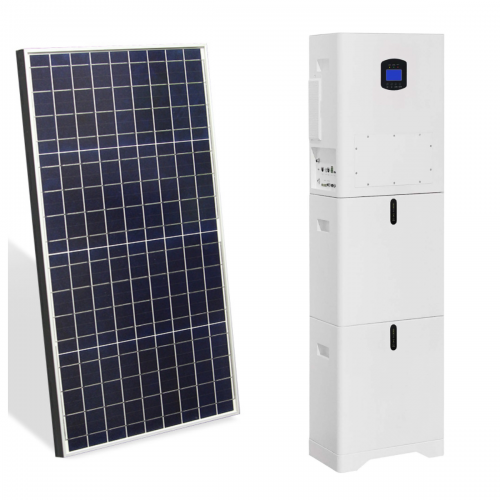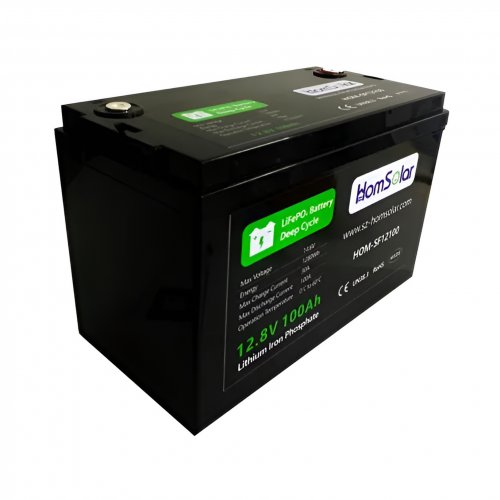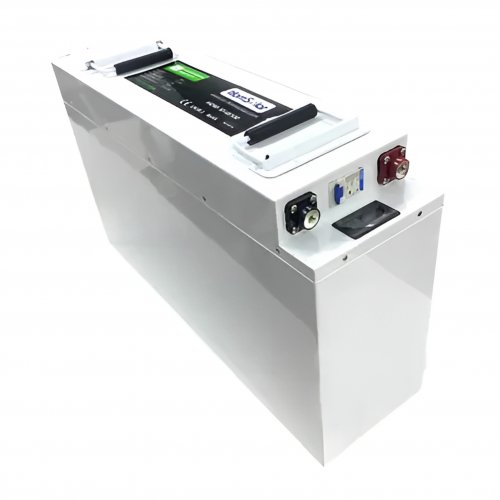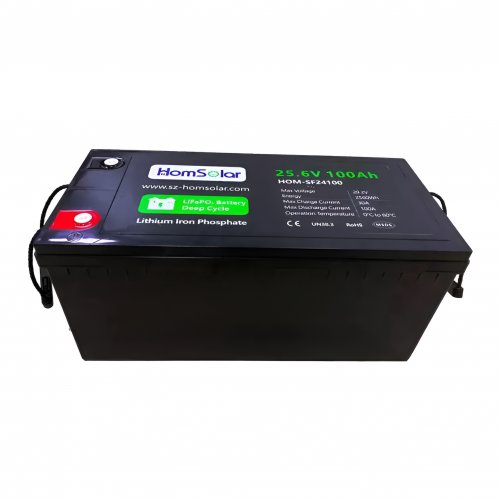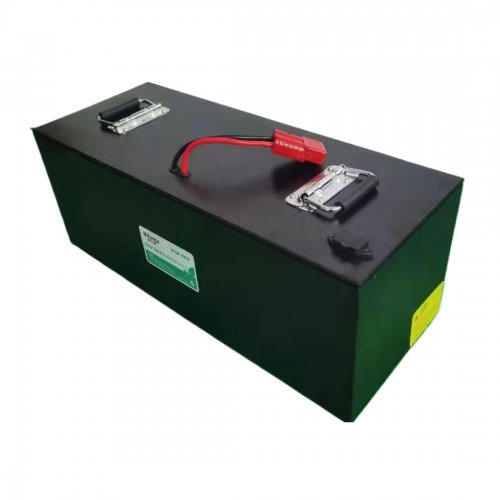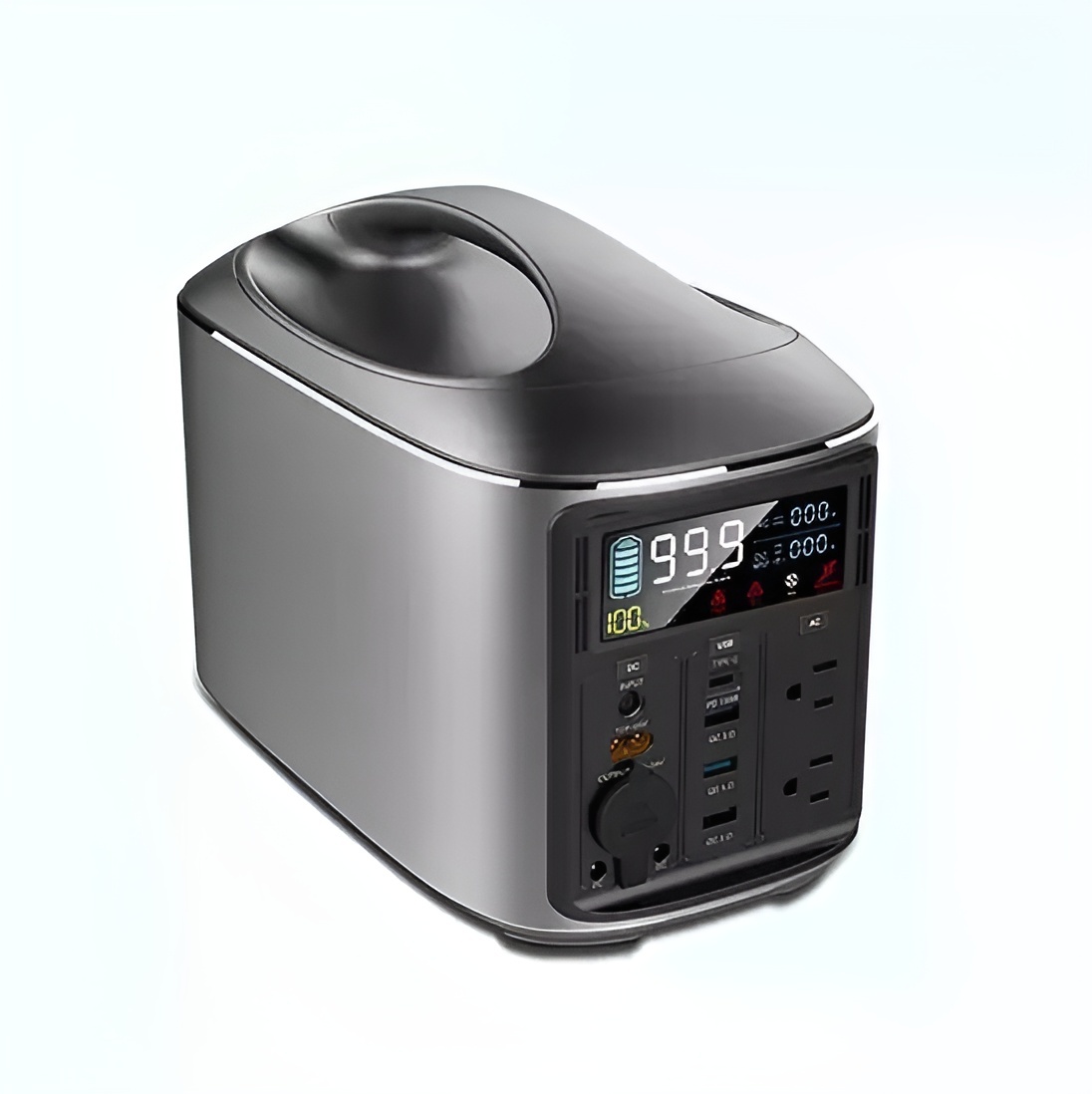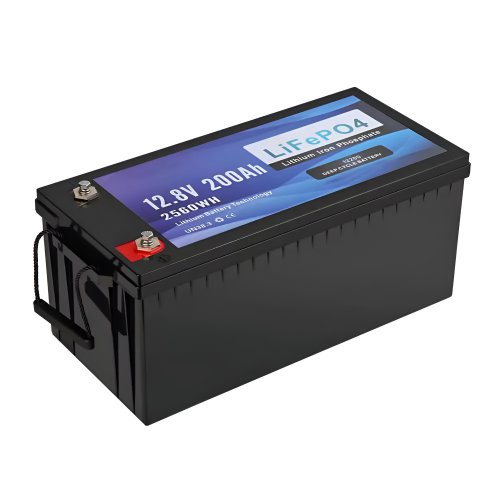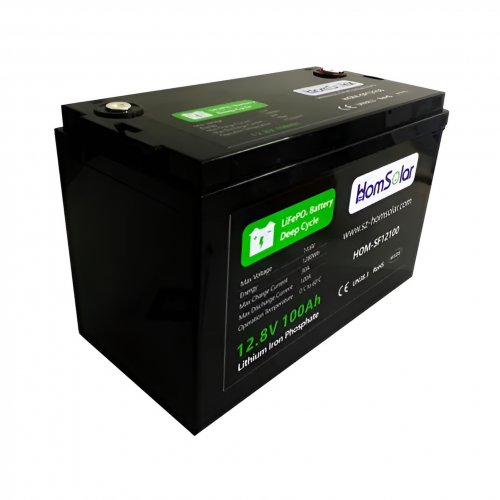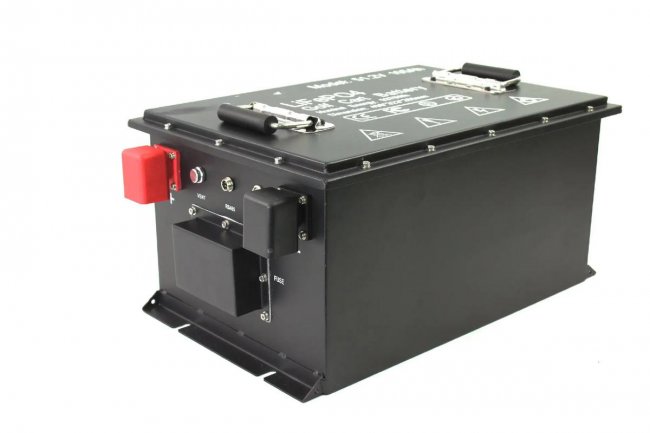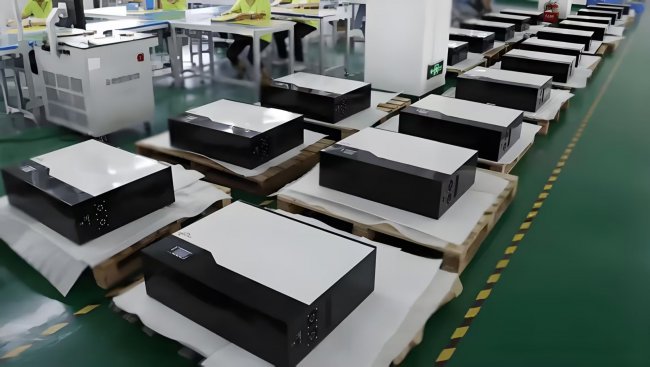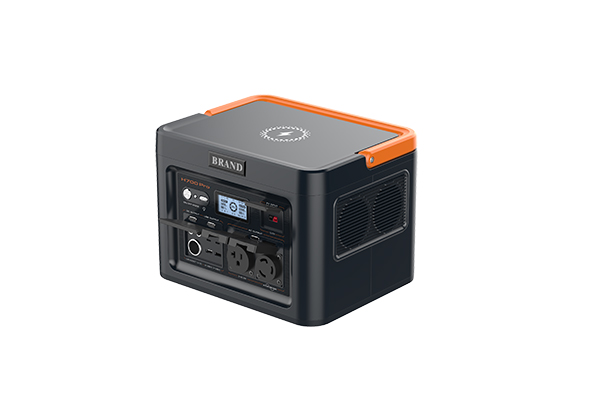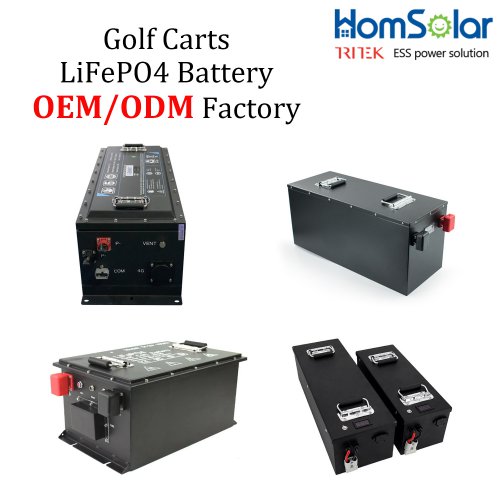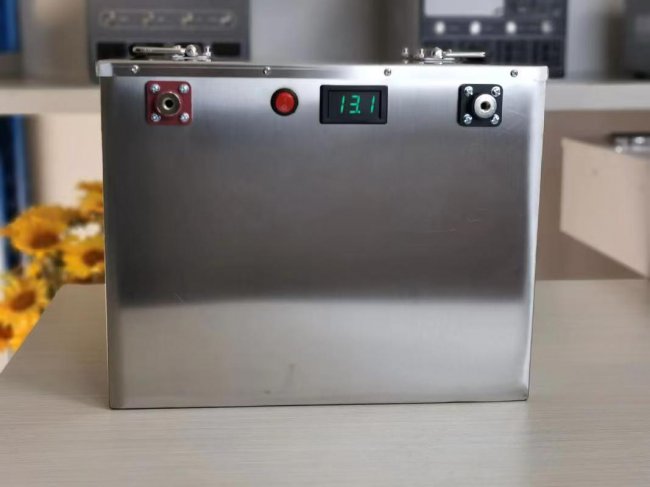Raw Material Sourcing For Batteries News: Navigating Supply Chain Resilience And Ethical Imperatives
The global push towards electrification, driven by the energy transition and the rapid growth of the electric vehicle (EV) market, has placed unprecedented pressure on the battery supply chain. At the heart of this challenge lies the critical issue of raw material sourcing. The procurement of key minerals such as lithium, cobalt, nickel, and graphite is no longer just a logistical operation; it has become a strategic imperative fraught with geopolitical, environmental, and ethical complexities. Recent industry developments highlight a sector in flux, actively seeking solutions to ensure stability, sustainability, and security of supply.
Latest Industry Dynamics: Policy Shifts and Corporate Moves
A significant recent development is the intensified focus on supply chain localization and diversification, largely spurred by legislative action. The U.S. Inflation Reduction Act (IRA) has become a central force reshaping sourcing strategies. Its provisions, which tie EV tax credits to critical mineral and battery component requirements sourced from the U.S. or its free-trade partners, have compelled automakers and battery producers to rapidly re-evaluate their supply chains. This has accelerated investment in domestic processing facilities and fostered new partnerships with allied nations like Australia, Canada, and Chile.
Concurrently, corporate activity reflects this strategic pivot. Major players are moving vertically to secure their upstream supply. General Motors, for instance, recently invested in Lithium Americas to develop the Thacker Pass mine in Nevada, one of the largest known lithium deposits in the U.S. Similarly, Tesla continues to sign offtake agreements with lithium producers globally while also investing in its own lithium refining capabilities in Texas. In the cobalt sector, companies are increasingly turning to Morocco and Australia as alternative sources to the Democratic Republic of Congo (DRC), aiming to mitigate geopolitical and ethical risks.
Another dynamic is the advancement of battery recycling. Companies like Redwood Materials and Li-Cycle are scaling up operations, positioning "urban mining" as a crucial domestic source for critical materials. While currently a supplement to primary mining, recycling is fast becoming an integral component of a circular battery economy, reducing reliance on newly extracted raw materials.
Trend Analysis: The Road to Resilient and Responsible Sourcing
Several key trends are defining the future of battery raw material sourcing:
1. Geographical Diversification: The over-reliance on a few countries for processing—most notably China for graphite and lithium-ion processing—is recognized as a systemic risk. The West is actively building alternative processing hubs. Australia is expanding its lithium hydroxide conversion capacity, while Canada is leveraging its nickel and cobalt resources to become a key player in the North American battery ecosystem. This trend towards a more multipolar supply chain is expected to continue, though it will take years and significant investment to mature.
2. The ESG Imperative: Environmental, Social, and Governance (ESG) criteria have moved from a peripheral concern to a core business requirement. Investors and consumers are demanding transparency. This is driving the adoption of blockchain and other traceability technologies to provide auditable proof of a mineral's origin, ensuring it is not linked to child labor or conflict financing, particularly for cobalt. Furthermore, there is growing scrutiny over the water usage and carbon footprint of mining operations, especially for lithium brine extraction in water-scarce regions like South America's Lithium Triangle.
3. Technological Innovation in Extraction and Processing: To alleviate environmental concerns and increase efficiency, new extraction technologies are being pioneered. Direct Lithium Extraction (DLE) is a prime example. This set of technologies promises higher recovery rates, shorter project timelines, and a significantly reduced environmental footprint compared to traditional evaporation ponds. While widespread commercial deployment is still underway, DLE has attracted substantial investment and is poised to revolutionize lithium production.
4. Chemistry Diversification: Supply risks and cost volatility are pushing battery manufacturers to develop chemistries that use less critical material. The rapid adoption of lithium iron phosphate (LFP) batteries, which are cobalt- and nickel-free, is a direct response to this. This shift reduces pressure on cobalt and nickel supply chains but increases demand for lithium and phosphate. Similarly, research into sodium-ion batteries aims to circumvent the need for lithium altogether, though these technologies are still in earlier stages of market adoption.
Expert Perspectives: Cautious Optimism Amidst Challenges
Industry experts acknowledge the progress but caution against underestimating the challenges. "The IRA has been a catalyst for incredible investment in North America," says Dr. Sarah Montgomery, a geologist specializing in critical minerals. "However, we must be realistic about timelines. Permitting new mines and building processing plants is a decade-long process in many jurisdictions. The short-to-medium-term supply crunch is still a very real threat."
On the ethical front, Elisa Jensen, a supply chain analyst, emphasizes the need for holistic solutions. "Traceability is a great first step, but it's not the end goal. The industry must invest directly in mining communities to ensure formalization of artisanal mining, improve working conditions, and create shared value. Otherwise, we risk just diverting problematic cobalt from the formal supply chain rather than solving the underlying issues."
Looking forward, experts agree that a multi-pronged approach is essential. This includes continued investment in diversified primary extraction, a massive scale-up of recycling infrastructure, unwavering commitment to ESG principles, and sustained innovation in both battery chemistry and mineral extraction technologies.
The journey to secure, ethical, and sustainable raw material sourcing for batteries is arguably as complex as the development of the batteries themselves. The industry's response—marked by strategic realignment, technological innovation, and a growing emphasis on responsibility—will ultimately determine the pace and sustainability of the global transition to electrification.
Customized/OEM/ODM Service
HomSolar Supports Lifepo4 battery pack customization/OEM/ODM service, welcome to contact us and tell us your needs.


HomSolar: Your One-stop LiFePO4 Battery Pack & ESS Solution Manufacturer
Our line of LiFePO4 (LFP) batteries offer a solution to demanding applications that require a lighter weight, longer life, and higher capacity battery. Features include advanced battery management systems (BMS), Bluetooth® communication and active intelligent monitoring.

Customised Lithium Iron Phosphate Battery Casing
ABS plastic housing, aluminium housing, stainless steel housing and iron housing are available, and can also be designed and customised according to your needs.

HomSolar Smart BMS
Intelligent Battery Management System for HomSolar Energy Storage System. Bluetooth, temperature sensor, LCD display, CAN interface, UART interface also available.


Terminals & Plugs Can Be Customized
A wide range of terminals and plugs can be customised to suit the application needs of your battery products.

Well-designed Solutions for Energy Storage Systems
We will design the perfect energy storage system solution according to your needs, so that you can easily solve the specific industry applications of battery products.



About Our Battery Cells
Our energy storage system products use brand new grade A LiFePO4 cells with a battery lifespan of more than 4,000 charge/discharge cycles.



Applications in Different Industries
We supply customized & OEM battery pack, assemble cells with wiring, fuse and plastic cover, all the cell wires connected to PCB plug or built BMS.
Applications: E-bike, Electric Scooter, Golf Carts, RV, Electric Wheelchair, Electric Tools, Robot Cleaner, Robot Sweeper, Solar Energy Storage System, Emergency Light, Solar Power Light, Medical Equipment, UPS Backup Power Supply.
We can provide you with customized services. We have the ability to provide a vertical supply chain, from single cells to pack/module and to a complete power solution with BMS, etc.


HomSolar (Shenzhen) Technology Co., Ltd







